Emily is a former CHESS Student who went on to study neuroscience at the College of William and Mary (’18). Emily was awarded the Excellence in Neuroscience award by the faculty for her senior thesis work on learning and memory and now works as a consultant in Washington D.C.
To hear Emily speak about her research in Learning and Memory, check out her “Study Smarter, Not Harder” workshop at the upcoming Chess Symposium! SYMPOSIUM TICKETS
Growing up, I never liked math and science. I distinctly remember in elementary school crying to my mother during one of our homeschool lessons “Mom, WHY do I have to learn this?”
Her response?
“Emily, you can’t go through life carrying around a calculator in your pocket.”
(…Clearly this was before we all had smart phones with calculators in our pockets!)
Fast forward a few more years, and this time the tears are over AP Calculus, as my Dad attempts to explain derivatives to me for the thirteenth time.
I also distinctly remember running shrieking out of the kitchen when a certain biology lesson involving the dissection of cow eyes went awry.
So how did the girl that nearly barfed in elementary biology and cried her way through high school calculus end up a neuroscience major, joining a research lab, and happily taking classes that involved dissection of a sheep’s brain?
I’ll do my best to break it down, along with some lessons I’ve learned along the way.
1. Take Time to Know Yourself:
After high school, I was really burnt out. I wasn’t sure I even liked school anymore. I decided to take a gap year to travel with my family and rejuvenate myself, but also to start trying stuff, and start reading more about things I was interested in.
I tried out substitute teaching (among a few other things) and realized pretty quickly I didn’t want to be a teacher. I started reading a few random books about neuroscience and became fascinated with idea that our intangible thoughts were encoded in physical material in our brains—intangible realities converted to physical realities that shape who we are. I was hooked. I thought, “this is cool, what if I studied neuroscience in college?”
2. Let Curiosity Lead You:
When I entered William and Mary as a freshman after my gap year, I had no idea what I was getting myself into. But in my years of homeschooling I had learned the most valuable skill that would get me through—curiosity.
But in my years of homeschooling I had learned the most valuable skill that would get me through—curiosity.
Curiosity so undeniable that even when you just want the lecture to be OVER already, you can’t deny the voice inside your head nagging you to ask the question about that one thing that you didn’t understand. Curiosity so dogged you can hold out in the topics or classes you don’t like to get to the ones you do.
Growing up homeschooled, a lot of my education was individual work, with classes that met once or twice a week. I had learned how to assess what I knew, what I didn’t know, and how to use resources to figure it out, especially asking good questions from my teachers (thank you, CHESS teachers!).
I asked so many questions in college that I asked my way right into an upper level neuroscience course because I was desperately curious to see if I liked it before I declared a major. The professor kindly allowed me in the course even though I hadn’t yet taken the introductory chemistry and biology classes required as prerequisites.
3. Remind Yourself Who You Are (hint: not the same as what you are good at):
After taking the upper level neuroscience course, I knew I had found my major. There was something about understanding the biology of neurons (cells that make up your brain) that made me excited in a way I couldn’t explain (and still really can’t).
Confident in my decision, sophomore-year me declared her neuroscience major, signed up for all her introductory bio and chem classes, and was promptly blindsided by a 40% on my first introductory chemistry midterm.
This was (needless to say) a low point.
How was I supposed to study neuroscience if I was going to be bad at courses I had to take in order to get there? It was hard for me to let go of my grades as the compass confirming I was going in the right direction. I had to realize that there were going to be courses and topics I wasn’t going to be good at—and that’s okay. I had to re-calibrate my direction not based on merely what I was good at but what I knew deep down I cared about and wanted to learn about. I had to be brave enough to take a C sometimes when it was really the best I could do and not let that determine whether or not I should keep going.
It was hard for me to let go of my grades as the compass confirming I was going in the right direction.
4. Lean into and Learn What You Like
At this point, I doubted whether I should even be in a science major. But my experience in a Professor’s research lab changed this for me. I joined a Professor’s research lab (out of curiosity) and there discovered a world of science that I connected with and that felt creative.
This wasn’t science like the tick and deer poop collecting ecology experiments I was being forced to do in my intro biology class (no offense to my ecology buddies!), this was something different. Dr. H taught us to think like a scientist, putting ideas together, developing hypotheses, and creating experiments to peek into the world of how learning happens and memories form. This was exciting!
5. Dare to care.
As time went on, my work in the lab continued to keep me going when other classes felt draining. Studying memory was fascinating to me. By the time I graduated, with the help of Dr. H, this side-research-project had become a 69 page senior thesis. I had found something I cared about, and put my heart into it.
When it came time to defend my thesis before my committee in my last semester, it felt amazing. It felt so good to own a project, to take ideas that I cared about and craft them into a gift I wanted to give to the world. It was like the feeling of the first time I was allowed to write a paper on whatever I wanted, only multiplied by 1000x. I graduated feeling both exhausted, depleted, and proud—I had dared to care about something, and it brought my education to life in ways I never predicted.
I graduated feeling both exhausted, depleted, and proud—I had dared to care about something, and it brought my education to life in ways I never predicted.
What’s the Point?
The moral of this story is not “BECOME A SCIENCE MAJOR.”
My hope is that my story reminds you that you never know where your road might take you, and sometimes the bends in the road you least expect will be the parts you are most grateful for.
I know the road after high school can be daunting and confusing—but truthfully, you don’t need to plan every mile or calculate your destination.
Take time to know yourself. Ask yourself what you like. Don’t say “I don’t like math so I can’t do ___” or “I’m not good at writing so I can’t do____.” Go deeper than that. Ask yourself what about it you like or don’t like. You might be surprised what opportunities it opens up.
I still don’t really like math, and I still don’t like dissecting anything (unless it’s a brain, don’t ask why), but when I discovered neuroscience, I saw new value in subjects I hadn’t enjoyed before. I followed my sense of curiosity instead of putting myself in a category.
So let your curiosity lead you. Read books, ask questions, and ask more questions. If you discover (like I did) that along the way you might be bad at whatever it is you are curious about, don’t let that stop you! Remind yourself who you are, and don’t measure how much you like something by whether or not other people think you are good at it.
Remind yourself who you are, and don’t measure how much you like something by whether or not other people think you are good at it.
Lean into and learn what you like, and then dare to care about it. When you see project on the syllabus that will take the whole semester, don’t run from it. Figure out how you can connect with it, lean into it, and learn about yourself until you find something that you want to put your heart into not because a teacher tells you to but because you want to. Be brave enough to care.
At the end of the day, the world doesn’t need more people with degrees—it needs more people who care.
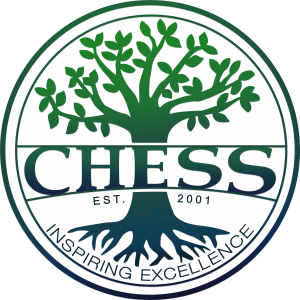
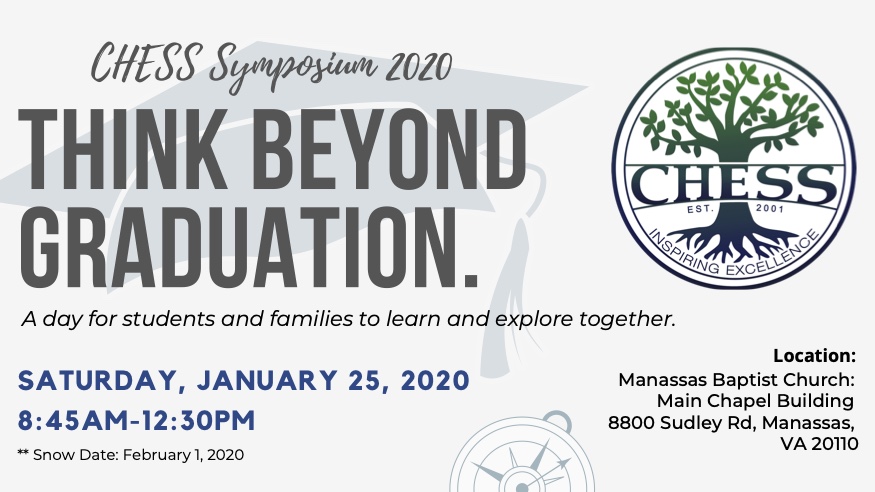
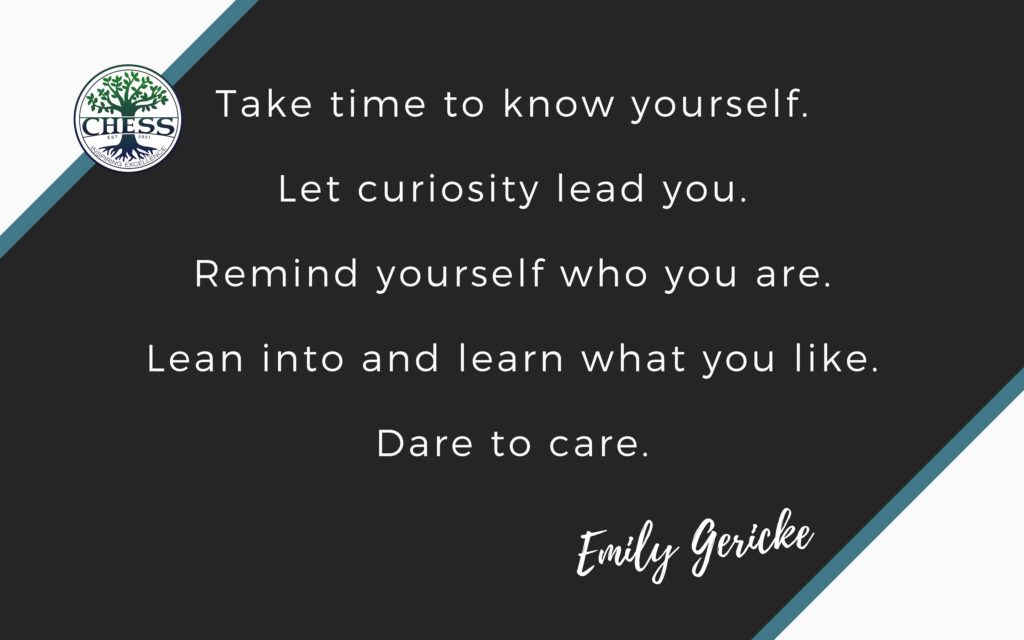
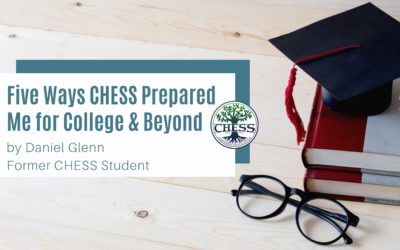
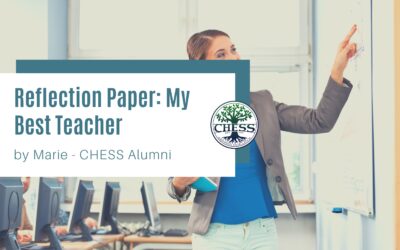

0 Comments